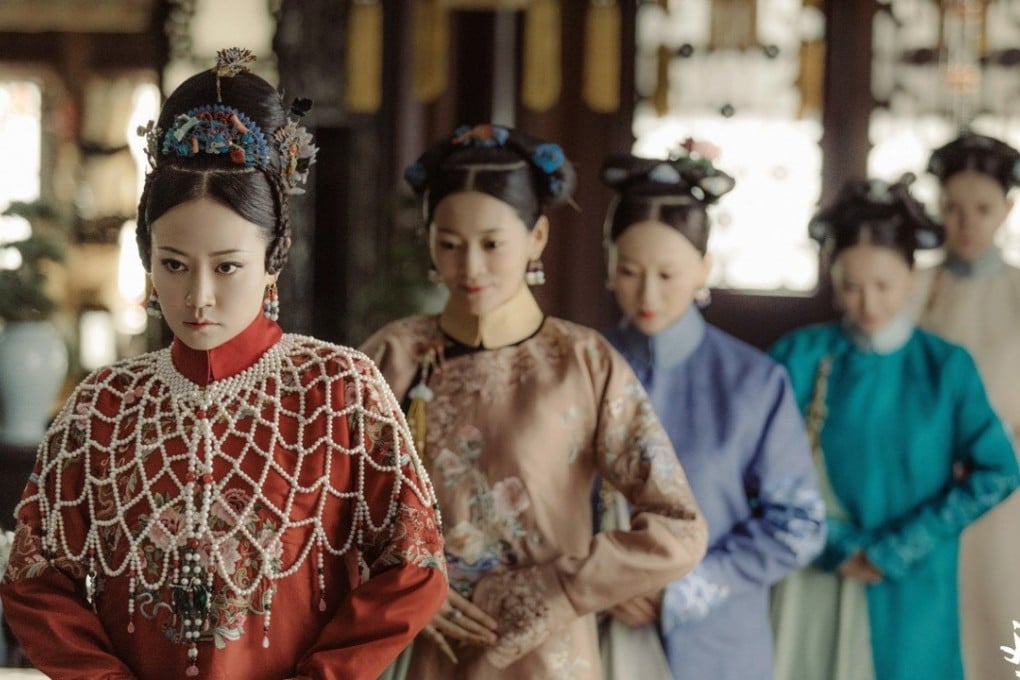Opinion | What the popularity of a Qing dynasty drama, The Story of Yanxi Palace, says about China’s appetite for feminism
Haining Liu says underlying the runaway success of the Chinese TV series are regressive and patriarchal attitudes to women that persist even in the aftermath of China’s #MeToo movement

What’s not to like? The residents of the Forbidden City looks fantastic in luxurious silk costumes with beautiful accessories. The series works even better if the female viewer imagines herself as the heroine, adored by the most powerful man, defeating every other woman to win his heart and being chosen as his favourite consort. The combination of love and power is intoxicating.
But every time I threw myself into watching the series, something didn’t feel quite right.
In The Story of Yanxi Palace and many similar Qing court dramas, a woman’s virtue is judged by how obedient she is to her husband, the emperor, and how many male offspring she provides him with. Her existence is defined by the status conferred on her by one man in exchange for her own identity. To be successful on this path, she must be pretty, fertile, gentle and resourceful, embodying perfection without being herself. On her deathbed, the first wife of the Qianlong Emperor is said to have yelled out, “Who am I really?”, offering an unusual feminist twist.
